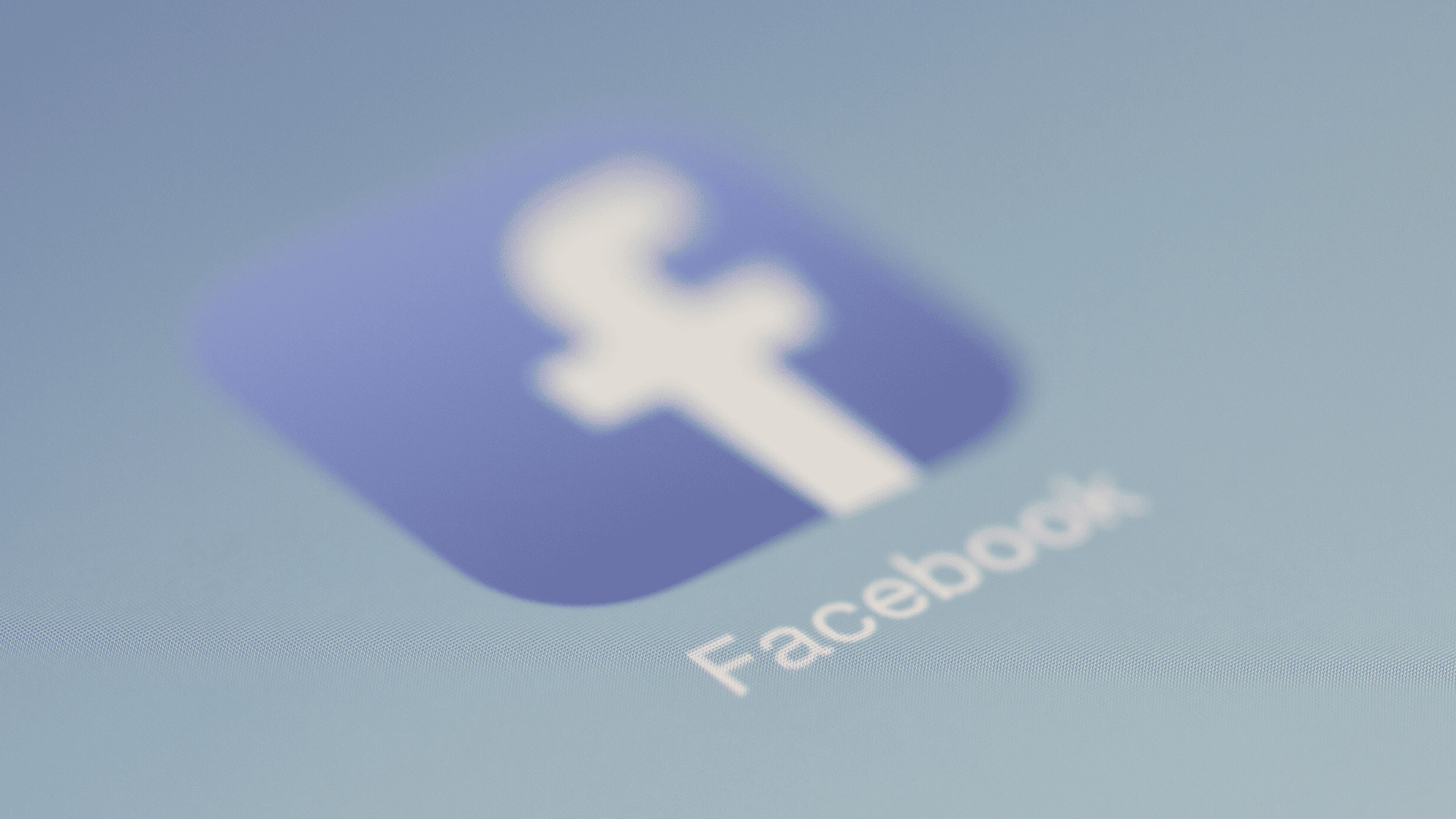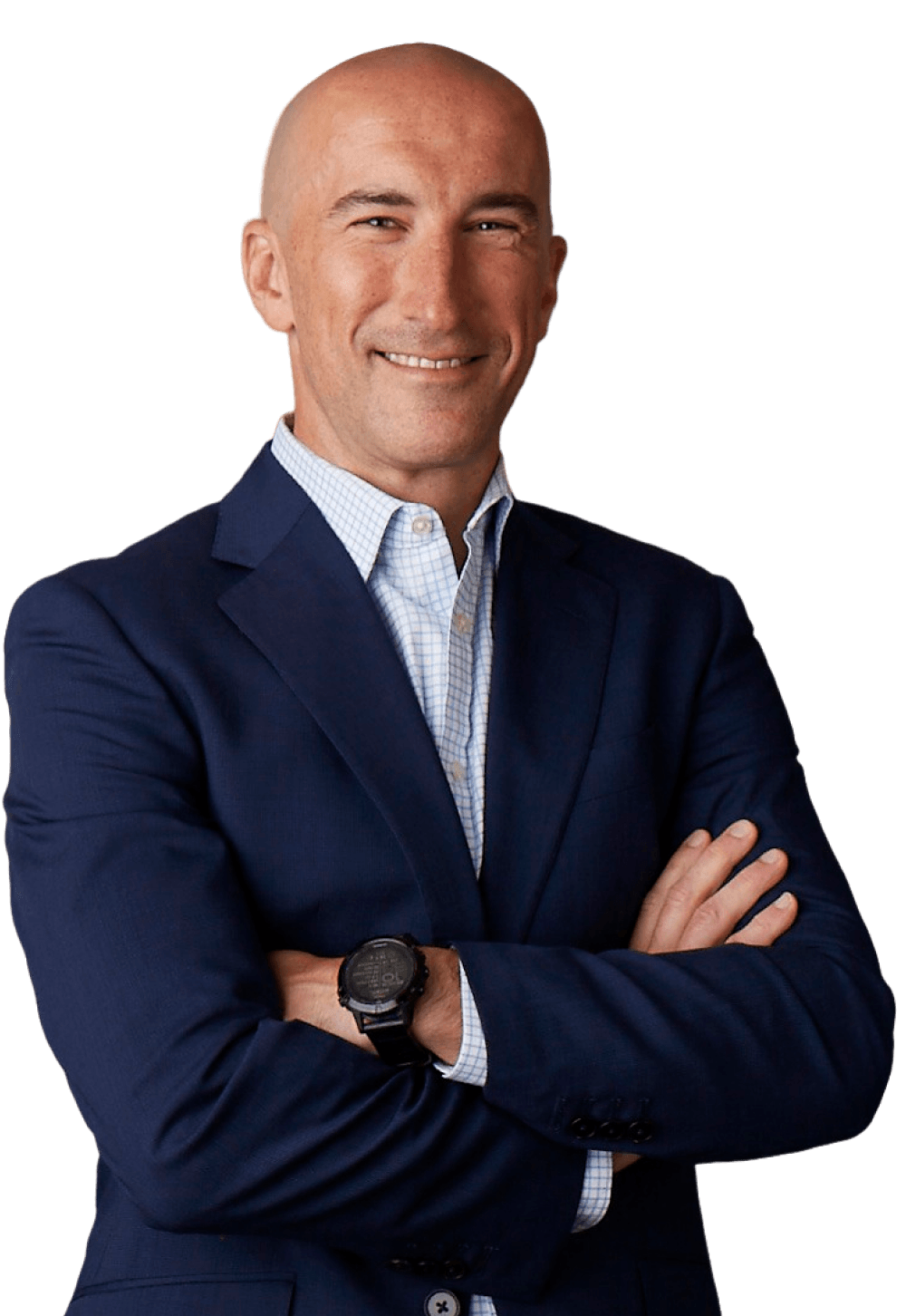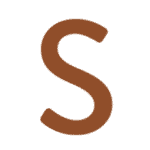Schedule a talk with one of our advisors to learn more about Summitry and how we can help you get a foothold on your financial life.
Team
Insights
Pages
- Let's Talk
- Phone / Directions
Advertiser Boycott – Is it Time to Unfriend Facebook?
Jun 30, 2020

What is the boycott about?
A number of big brands like Unilever, Starbucks, and Coca-Cola have joined the “Stop Hate for Profit” boycott, which asks companies to temporarily suspend advertising on Facebook. Boycott organizers have singled out Facebook for not doing enough to stop the spread of hate speech and misinformation on their platform. Many companies have decided to pause ad spend on Instagram and Twitter as well. The goal of the campaign is to pressure these platforms to be more proactive about policing user speech and refund advertisers if their ads appear next to objectionable content.
Putting aside the difficulty inherent in deciding where to draw the line between free speech and hate speech, and the real trade-offs involved, criticism of Facebook’s work in this area is often unfair. Facebook has already adopted many of the campaign’s recommendations and invests billions of dollars per year to police their platform, much more than companies like Twitter that face similar issues. In fact, Facebook has hired more content moderators than Twitter has total employees. More recently, a study commissioned by the European Union showed that Facebook is arguably the best social media platform at policing hate speech, being both quicker to review problematic content and removing more of it than both YouTube and Twitter. Much work remains, but Facebook clearly takes hate speech and content moderation very seriously.
What does this mean for Facebook?
While a handful of companies have announced plans to halt advertising on both Facebook and Instagram globally through year end, so far most advertisers participating in the boycott have only committed to stop spending on Facebook in the US for the month of July.
In the first quarter of 2019, Sheryl Sandberg disclosed that the top 100, out of more than 8 million advertisers, accounted for less than 20% of Facebook’s total advertising revenue. With the US making up less than 50% of total revenue, a one-month boycott by all 100 of the top advertisers could represent at most 0.8% of annual advertising revenue (20% x 50% * 1/12 = 0.8%).
But are the advertisers participating in this boycott even in Facebook’s top 100? Most are probably not, and the underlying reason highlights a key strength of Facebook’s business model. Most companies participating in the boycott are large national and global brands, but the majority of advertising on Facebook is bought by smaller direct response advertisers. Not only does this suggest that the scope of the boycott is limited, but much of the lost ad sales from these large brands will likely be replaced by increased ad spend from performance advertisers. Ad prices on Facebook are set by real-time auctions, so lower ad prices resulting from the boycott should lead to better returns on ad spend by performance advertisers, stimulating demand. Ben Thompson explained this dynamic well in a post to his Stratechery site on Monday:
…the news about large CPG companies boycotting Facebook is, from a financial perspective, simply not a big deal. Unilever’s $11.8 million in U.S. ad spend, to take one example, is replaced with the same automated efficiency that Facebook’s timeline ensures you never run out of content. Moreover, while Facebook loses some top-line revenue — in an auction-based system, less demand corresponds to lower prices — the companies that are the most likely to take advantage of those lower prices are those that would not exist without Facebook, like the direct-to-consumer companies trying to steal customers from massive conglomerates like Unilever.
…so much of its business comes from the long tail of Internet-native companies that are built around Facebook from first principles, that any disruption to traditional advertisers — like the coronavirus crisis or the current boycotts — actually serves to strengthen the Facebook ecosystem at the expense of the TV-centric ecosystem of which these CPG companies are a part.
This dynamic also suggests that if the boycott extends beyond July or expands to more brands, the impact on Facebook’s business is likely to be muted. Regardless of the immediate business impact, Facebook is actively engaging with advertisers to address their concerns and continuously improving the platform’s response to hate speech. Often lost in this debate is how much Facebook has done to democratize advertising, providing small businesses around the world with a platform to reach new customers and thrive. We expect this trend will continue to drive growth for both Facebook and its advertisers for many years to come, despite periodic controversies like the current boycott.
Interested in learning more? Contact us today!
This article is for informational purposes only. Nothing in this article constitutes investment advice or any recommendation that any particular security, transaction, or strategy is suitable for any specific person.
GET THE NEXT SUMMITRY POST IN YOUR INBOX:
MORE INSIGHTS AND RESOURCES
Let's talk
Schedule a talk with one of our advisors to learn more about Summitry and how we can help you chart a path for your financial future.

Alex Katz
Chief Growth Officer


